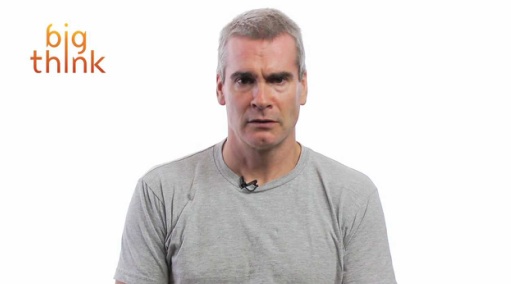Is Living in Cities Making Us Smarter?

In a discussion of the five major trends that will change the world over the next 25 years, star architect Daniel Libeskind recently told Conde Nast that the long-term trend toward urbanization will help human creativity. Living in densely populated spaces all over the globe will make us all smarter. In fact, he even went so far as to state that “already, New Yorkers are smarter than people who live in gigantic houses.” If you happen to live in a city like New York, this probably squares up with your own thinking and may even appear to be so obvious as to be barely worth mentioning. But is that really the case – that living in cities will make us all smarter?
Certainly, that’s been the major thesis of at least the past decade – a decade that may be summarized as The Triumph of the City. During that time, there has been growing awareness of cities as vibrant, energizing spaces for members of the creative class (and those who would be their friends). In fact, in The Triumph of the City, urban economist Edward Glaeser even goes further than that, suggesting that cities are making us richer, smarter, greener, healthier and happier. Not surprisingly, we’ve seen the demographic pendulum shift – not just in the United States, where the exurbs and suburbs are being hollowed out as people move back into more densely populated urban hubs – but also abroad, where countries like China are seeing the growth of the mega-city on a scale never before imagined. For now, the city is the natural home of the creative class, and certainly the home of wonderfully talented people like Daniel Libeskind, an uber-globetrotting cultural tastemaker.
But let’s play devil’s advocate for a second. After all, wasn’t it not so long ago that we viewed cities as dangerous, crime-ridden and nasty little places to live? And, let’s take Darwin into account. In mid-November, Stanford researcher Gerald Crabtree made waves in the scientific community with his mischievous assertion that the continuing process of urbanization is actually making us dumber. With a nod to Darwin, Crabtree suggests that everything that makes survival easier and simpler actually reduces some of the selection pressures in the environment, and that, in turns, weakens natural selection’s ability to weed out all the people with the “stupid” gene. Or, as Crabtree puts it, “A hunter-gatherer who did not correctly conceive a solution to providing food or shelter probably died, along with his or her progeny, whereas a modern Wall Street executive that made a similar conceptual mistake would receive a substantial bonus and be a more attractive mate.”
At a time when nearly 50% of the world now lives in cities, one senses that we’re at a tipping point for thinking about the future. Half of the world lives in cities, the other half doesn’t. For now, cities appear to be enormous cauldrons of creativity, diversity and intelligence. Skyscrapers appear to be engines of enormous growth and vitality. At some point, however, the demographic pendulum will surely shift again – we’ll decide that our urban areas are simply too dangerous, too dirty, and too unpleasant and we’ll all decamp en masse to a less urbanized environment where we can all become richer, smarter, greener, healthier and happier.
image: Young Businessman With a Skyscraper / Shutterstock





